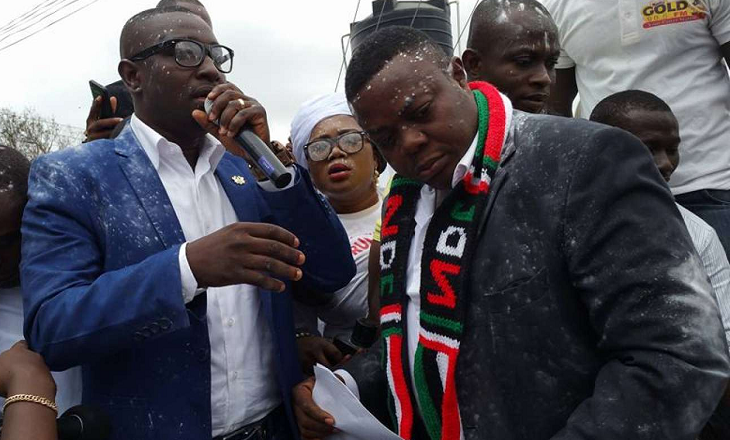Not long ago, opinions were divided over the decision of the President to settle the two Guantanamo Bay prisoners on the soil of Ghana. Once again the decision to pardon the three contemnors, otherwise known as the Montie three, by the President, has sparked a fierce debate dividing Ghanaians into two different camps.
Various arguments have been churned out in support of either view. However in all the banter, one question stands clear; whether the decision has to do with national interest or that of party interest.
Making a decision is a constant and recurring event in the affairs of any leader, more so when the leader concerned is a head of state. Following from this, no leader worth his salt can run away from decision making. Basically, there are three approaches to decision making available to any leader of a state, due to the complex nature of decisions they take in the course of their duty. They can adopt the rational model approach where decisions are taken based on a cost-benefit analysis in which the President himself calculates the cost and benefit of the outcome and personally comes out with the decision.
Secondly, the President can adopt the organisational process model where the decision-making process is allowed to go through an established standard procedure within an organisation acting on behalf of the President. In that case, the final decision is made on behalf of the President by experts who understand better the subject matter of the decision.
Thirdly, the political bargaining model, otherwise known as bureaucratic model, allows decisions resulting from a bargaining process among the various government agencies with somewhat divergent interests in the outcome. At this juncture, the question is, which of the approaches above was appropriated for the decision in question – in pardoning the Montie three?
The answer to this question will shed light on whether the decision that confronted the President was related to national interest or party interest.
Deducing from the fact that per the constitutional provision, the President has the sole prerogative when it comes to pardoning a criminal offence, we can conclude that, he needed not refer such decision to any bureaucratic body of expertise or allow any established procedural mechanism to come out with the decision on his behalf. The calculation of cost and benefit of the outcome solely rests on his shoulders and he alone takes the decision.
Back to the question on interest, whether the decision of the pardon is classified as that of national interest or partisan interest, will depend on the nature of the offence, the calibre of the offenders and the time frame in which the offence took place. Politics runs through all these. The offence was triggered by love and loyalty to a President and the party he belongs to. The offenders committed the offence in their capacity as party faithful and the offence took place close to national elections.
As it stands, this is a clear case of decision making based on party interest rather than the national interest. However, taken within the ambit of the law it is precluded from any conflict with national interest.
Lawrence Mantey
Teshie – Nungua, Accra
lawmat2014@gmail.com
0241 - 995510

